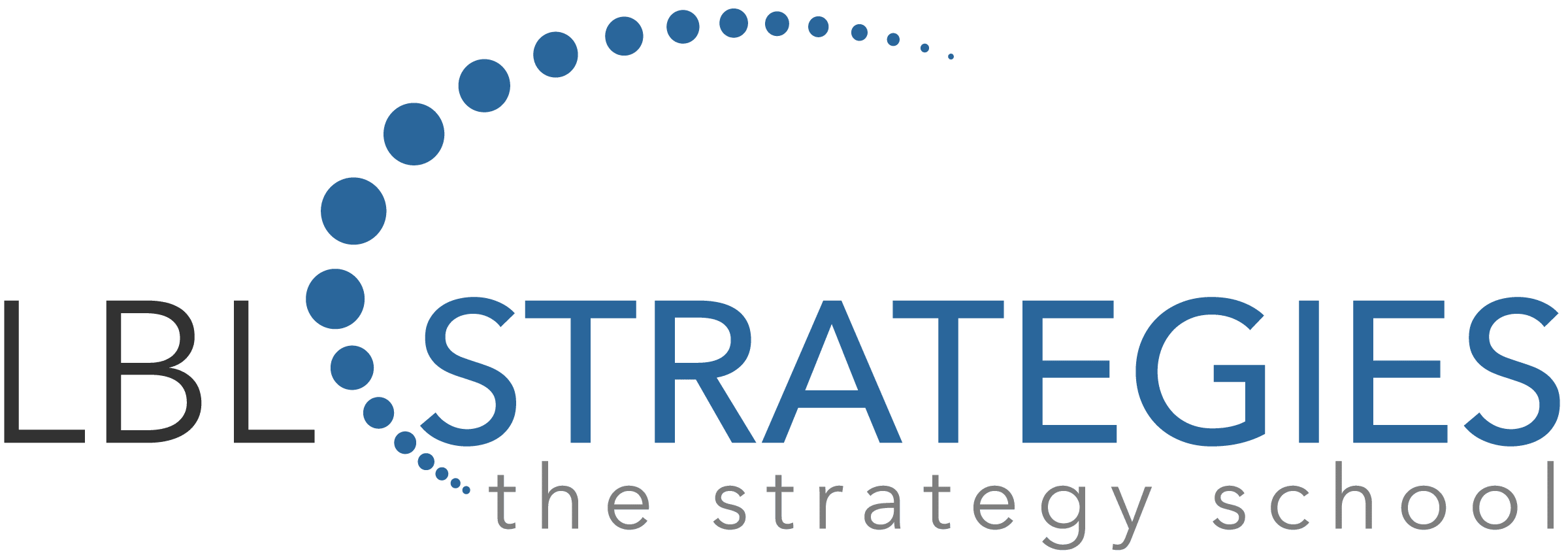As part of a continuous improvement process, the International Association for Strategy Professionals (IASP) in 2019 invested in a precise research initiative to understand and define what strategy professionals actually do and the competencies that are required. Once the research was completed, IASP’s Certification Commission updated the Association’s two certification exams to align with these newly crafted competency statements, describing the work of strategy professionals
IASP’s new and improved content outlines for both the Strategic Planning Professional (SPP) and Strategic Management Professional (SMP) certifications centered on four required domains of competence and 10 subdomains of the strategic planning and management process.
IASP – SPP/SMP Certification Domains and Subdomains
| Domain 1: Engagement
A. Culture of Strategy Management & Agility B. Planning Team Expectation |
| Domain 2: Strategy Formulation
A. Internal and External Environmental Scan B. Strategy Design and Formulation |
| Domain 3: Preparation for Strategy Transformation
A. Alignment of the Organization Design with Strategy B. Alignment of Operations with Strategy C. Operational Planning for Implementation |
| Domain 4: Strategy Execution, Governance, and Evaluation
A. Strategy Execution and Transformation B. Governance and Decision Making C. Strategic Performance Management |
Across all domains is an implicit requirement that strategy professionals possess strong facilitation skills. Strategic planning and management facilitators are called upon to fill an impartial role helping planning teams and organizations become more effective. A strategic planning facilitator acts as a process guide to create a balance between participation and results.

When facilitation is done effectively, team members are energized to become engaged and actively support decisions made by the team. This critical benefit often leads to more innovative solutions and tangible results. When everyone involved feels like they are part of the solution, they collectively begin to think and act on what is best for the organization. These strong cultural attributes create a safe space to constructively resolve conflicts and challenges that inevitably arise while executing the strategy.
Far too often, the role of the facilitator is undervalued by those sponsoring the strategy-setting process. In order to bring the importance of this role to life, we should compare it to the notion of a “critical friend,” a concept originally defined in 1993.
“A critical friend can be defined as a trusted person who asks provocative questions, provides data to be examined through another lens, and offers critiques of a person’s work as a friend. A critical friend takes the time to fully understand the context of the work presented and the outcomes that the person or team is working toward. The friend is an advocate for the success of that work.” (Costa, A. and Kallick, B. “Through the Lens of a Critical Friend”. Educational Leadership 51(2) 1993.)
Becoming an effective facilitator requires a keen ability to listen for what is being said by each member of the team. An effective facilitator also listens for what is not being saidand potentially leaving important matters unaddressed. It is vital to bring these matters into discussion, including differing points of view, for all to hear.
Effective facilitators must also possess the ability to deal with conflict. This characteristic develops and strengthens over time as the facilitator accrues first-hand experience in the trenches dealing with conflict.
In every situation, the facilitator must be able to recognize and manage multiple complex issues and topics simultaneously, often requiring the ability to arbitrate or mediate more specific issues. In all cases, the facilitator must have the ability to create and maintain a non-threatening environment for constructive engagement to occur.
A helpful resource is The IAF Handbook of Group Facilitation, published by the International Association of Facilitators in 2012. This handbook provides an overview of the field for new and aspiring practitioners and a reliable reference for experienced strategic planning and management facilitators.
Interested in learning more? Read about our Mastering Strategy: Strategic Management Performance System Certification Program here.
